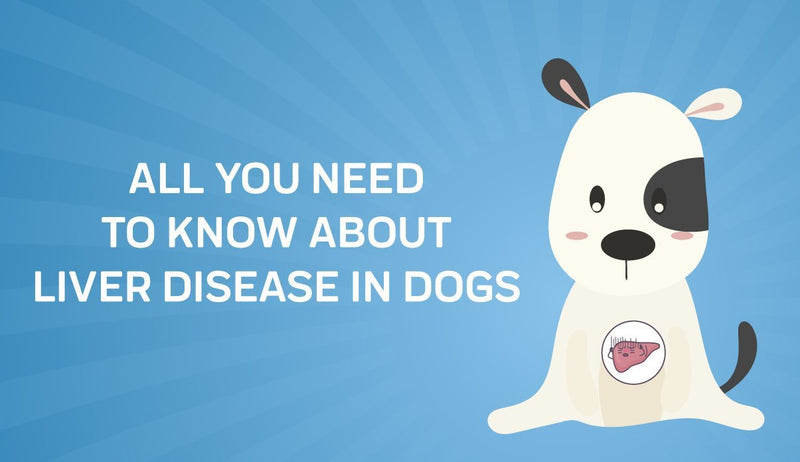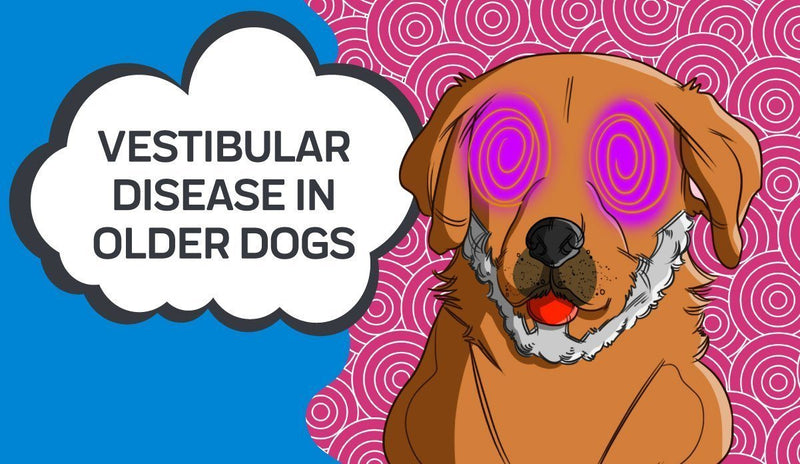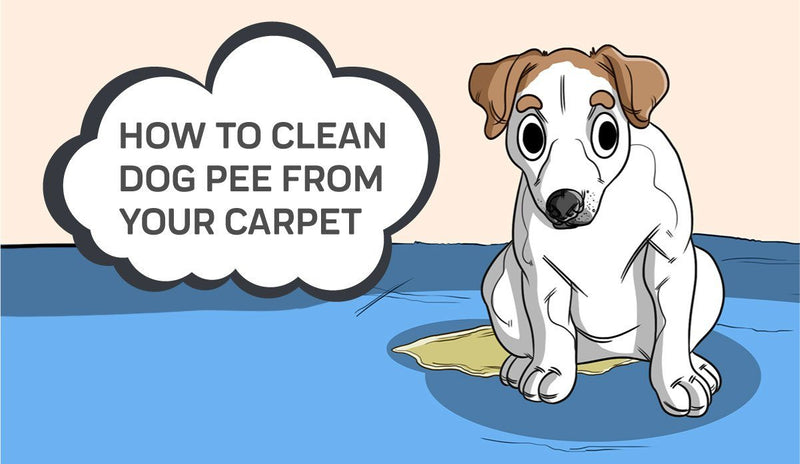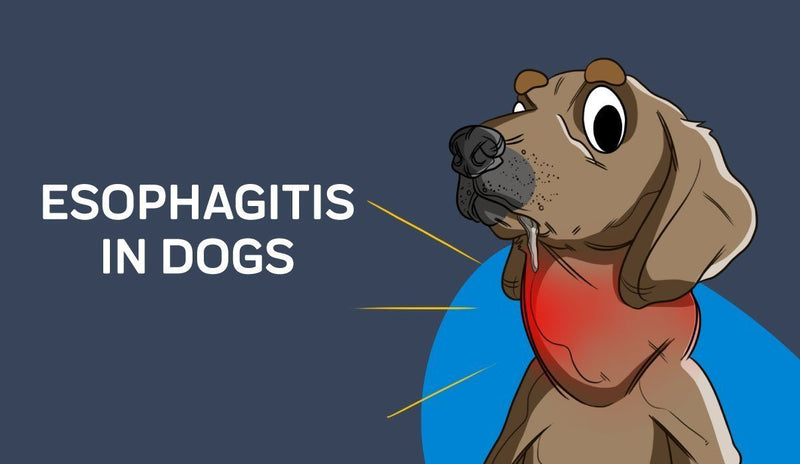
Don’t let dogs eat chocolate.
That seems like a pretty universally accepted piece for knowledge for dog owners and non-dog owners alike, but you might be surprised at how little the common person actually knows about what is and isn’t ok for dogs to eat. In 2018, a study in the UK determined that many dog owners know very little about the food they’re feeding their dog on a daily basis. This concerned mostly people who were unaware of which ingredients are included in the brand-name pet foods they buy for their four-legged friends as well as how this impacts their ability to provide a healthy and balanced diet. Along with that, though, researchers in the same study learned that as much as a third of pet owners aren’t aware that foods like chocolate and onions are actually toxic to canines.
The truth is, we are constantly learning about negative health effects certain foods can have on dogs and it’s not just confined to chocolate. A good example of this came with a recent warning in the United States, issued by the Food and Drug Administration. The FDA recognized abnormal cases of Canine DCM, a disease that results in an enlarged heart with potential for leaking heart valves and a build up of fluids in the chest and abdomen, and they were linked to dog foods containing peas, lentils, other legume seeds, or potatoes as main ingredients.
So, if even dog food isn’t always safe, what can you feed a dog with confidence that there won’t be any dangerous effects? Or perhaps, let’s take a look at the basic foods you should be sure to steer clear of, like, for example:
TABLE OF CONTENTS
1. Grapes and Raisins
2. High Levels of Salt
3. Macadamia Nuts
4. Milk and Dairy
5. Chocolate
6. Onions, Garlic, and Chives
7. Raw and Undercooked Meat and Eggs
8. Bones
9. Yeast Dough
10. Alcohol
11. Sources
Grapes and Raisins
Nobody fully understands what grapes and raisins contain that is toxic to dogs, but they are known to cause kidney failure in canines. According to the ASPCA, it’s best to simply keep these away from your dog until it’s known what causes this.
High Levels of Salt
Salt itself isn’t toxic to dogs necessarily and just like us, they need a certain balance of sodium in their diet. However, there is a thing called “salt poisoning,” which causes dehydration, vomiting, nausea, and diarrhea for dogs. How much salt does your dog need to consume to reach this level? There’s not much need to be scared of this one but it’s still something worth watching out for. A search around the internet says a pup cannot survive more than 1.5 grams per pound of body weight, so it’s safe to assume most fully grown medium to large dogs can consume a decent amount of salt without complication.
Macadamia Nuts
The list of side effects caused by macadamia nuts is actually pretty varied, from causing physical problems like weakness, vomiting, tremors, and even hypothermia, to emotional side effects such as depression.
The scariest part of the dangers of macadamia nuts though may be that dogs have a delayed reaction to their toxicity. Side effects don’t appear for approximately 12 hours after ingestion and can last anywhere from another 12 hours to two days. This means owners need to be especially careful to keep them away from dogs while not watching them closely.
Milk and Dairy
Some dogs have no problems consuming dairy products but many dogs will experience gas, diarrhea, and even vomiting if they have dairy. This is because their bodies don’t possess a significant amount of lactase, the enzyme that breaks down the lactose in milk.
Chocolate
So what is it about chocolate specifically that’s so harmful to dogs?
Chocolate contains a compound called theobromine, which most humans are able to metabolize with no problems. Dogs’ digestive systems, however, process this same compound at a much slower rate. This allows the theobromine to build up to toxic levels in their system before it starts to cause complications. At small doses, chocolate will simply cause them digestive problems like vomiting or diarrhea and a bit of discomfort. At higher levels of ingestion though, theobromine can produce muscle tremors, seizures, an irregular heartbeat, internal bleeding, or even a heart attack. The onset of theobromine poisoning is usually marked by severe hyperactivity, so if your pup snuck into your chocolate when you weren’t looking, this is a sign to watch out for.
Onions, Garlic, and Chives
Although cats are apparently more sensitive to these vegetables, they can cause gastrointestinal irritation and could lead to red blood cell damage in dogs as well when consumed in large enough quantities.
Raw and Undercooked Meat and Eggs
Because wild animals consume raw meat it’s a natural assumption that our dogs can eat this with no problems, especially considering how excited most dogs would be to have a raw steak staring them right in the face. The truth is, domesticated animals are susceptible to bacteria such as Salmonella and E. coli just like humans.
Complications caused by raw eggs can cause skin and coat problems for dogs.
Bones
Dogs and raw bones seem like another completely natural combination, but domestic pets can run into serious problems if and when the bone splinters or breaks down. Dogs can easily choke or suffer from serious injuries when this happens, so it’s best to avoid giving your pet raw bones.
Yeast Dough
When yeast dough rises it can cause gas to accumulate in your dog’s digestive system. This brings on bloating that can be painful for them and in severe situations it can be life-threatening.
Alcohol
Alcohol can do more than get a dog drunk. Even food products that contain small traces of alcohol can cause vomiting and diarrhea. Dogs can also experience problems with coordination (just like being drunk, obviously), have central nervous system problems, problems breathing, and in extreme cases they can experience depression as well as abnormal blood acidity, coma, and even death.
If your dog has ingested any of these foods by accident, the ASPCA Animal Poison Control Center recommends calling their helpline 24 hours a day, 365 days a year.
Sources

















